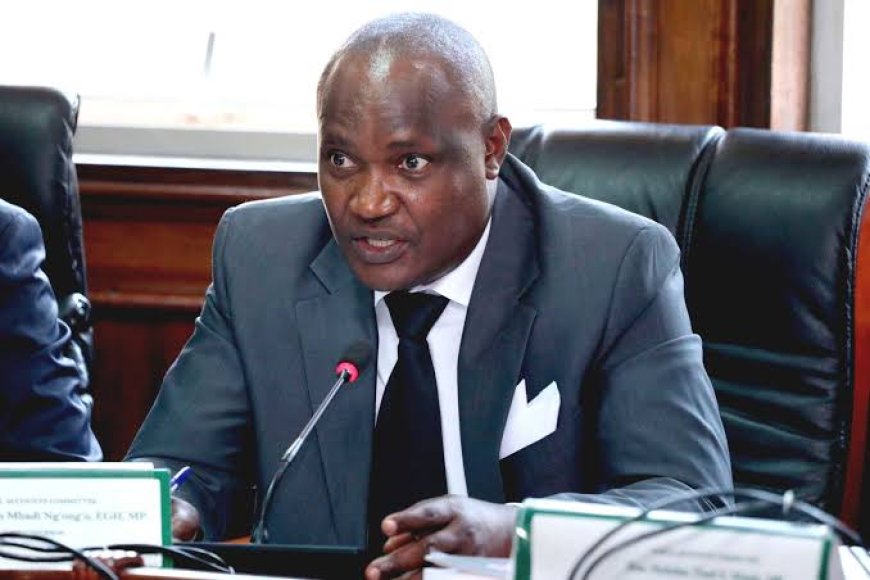Mbadi advocates for strengthening African payment ecosystem

By Robert Mutasi
Cabinet Secretary for the Treasury John Mbadi has assured Kenya's commitment to addressing some of the key economic challenges facing Africa after holding discussions during the 2024 IMF-World Bank Annual Meetings.
He said this during an engagement with the media after attending the African Caucus Meeting, which was also attended by World Bank Group President Ajay Banga, where he underlined the need for reforms in the pan-African payment ecosystem, energy access, and global financial architecture, and support for IDA21 replenishment.
The meeting dwelled on five thematic areas of interest, important for economic development in Africa.
Participants emphasized the need for an integrated payment system that would facilitate intra-African trade and financial inclusion through digital finance.
Participants took into consideration that a full continental payment platform would go a long way to ease cross-border transactions, prevent money laundering, and advance financial transparency.
He added that such systems would bring into effect the much-needed economic integration that would allow the economies of Africa to thrive through better and easier trade.
There was also an appeal to the urgent need of having access to affordable and reliable energy to drive industrialization towards raising living standards across the continent.
There was a call for energy connectivity to drive innovation for sustainable development.
Mbadi added that this will be part of Kenya's wider economic transformation agenda, which will be important in powering industrial growth and ensuring innovation.
Participants noted that MDBs play an important role in leveraging resources for mega-infrastructure projects.
These are considered crucial partnerships that will bridge the financing gap in Africa towards the attainment of long-term economic sustainability.
He added that collaborations with MDBs could unleash resources for key development projects instrumental in helping African economies become resilient.
The necessity of reforms in international financial systems to reflect current realities in the global economy was one major talking point.
Leaders called for a more equitable flow of finances to developing countries that would increase the financial resilience of African economies.
He called for structural reforms that will ensure African economies are no longer peripheral to the global financial system.
The replenishment of the International Development Association was also discussed, where African leaders insisted that contributions to continuing support to low-income countries must be increased.
Mbadi said IDA financing was playing a critical role in reducing poverty and achieving sustainable development, particularly on the African continent, which received 70% of IDA financing.
World Bank President Ajay Banga spoke to the creation of jobs for Africa's youth, intra-African trade, and the reduction of the cost of cross-border payments, which currently stands at 7% in Africa against the average of 2% globally.
The World Bank is committed to helping Africa lower these costs and speed up payments across the continent.
What's Your Reaction?
































































































































































































































































































